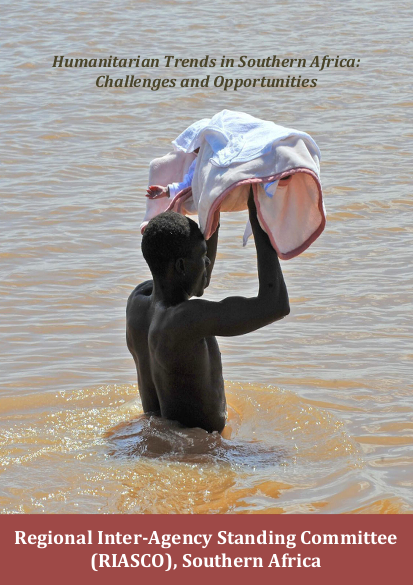
This research was prompted by a growing consensus that ‘the nature of humanitarian emergencies is changing’ (UNOCHA, 2011a), with future emergencies increasingly driven over time by ‘a combination of complex and inter-related circumstances’, rather than single, identifiable shocks (ibid). Such observations resonate closely with those of humanitarian actors within southern Africa who, in recent years, have been confronted with new challenges. These include the effects of climate variability, characterized by sudden-onset weather events along with prolonged dry spells. They also include food and energy price volatility that contributed to social violence and sudden displacement, as well as regional cholera and measles outbreaks, which claimed thousands of lives, especially among children in urban areas.
Resource collections
- UN Habitat - Urban Response Collection
- Urban Response - Urban Crisis Preparedness and Risk Reduction
- Urban Response Collection - Community Engagement and Social Cohesion
- Urban Response Collection - Economic Recovery
- Urban Response Collection - Environment and Climate Change
- Urban Response Collection - Housing, Land and Property
- Urban Response Collection - Urban Crisis Response, Recovery and Reconstruction
- Urban Response Collection - Urban Resilience